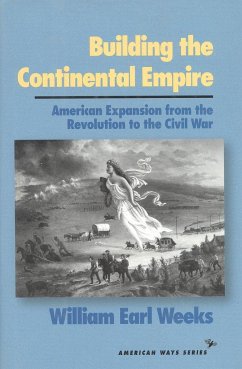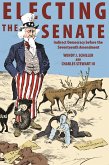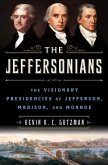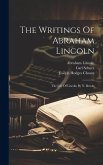In this fresh survey of foreign relations in the early years of the American republic, William Weeks argues that the construction of the new nation went hand in hand with the building of the American empire. That empire, he maintains, was of fundamental importance to the new nation, and he shows how a dispute over the future of the empire led the nation to civil war. Mr. Weeks traces the origins of the imperial initiative to the 1750s, when the Founding Fathers began to perceive the advantages of colonial union and the possibility of creating an empire within the British Empire that would provide security and the potential for commerce and territorial expansion. After the adoption of the Constitution - which brought a far stronger central government than had been popularly imagined - the need to expand combined with a messianic American nationalism. The result was Manifest Destiny, a complex of ideas and emotions that rhetorically justified both the nation and the empire. With aggressive diplomacy by successive presidential administrations, the United States built a transcontinental empire and achieved supremacy in the Western Hemisphere. From the acquisition of Louisiana and Florida to the Mexican War, from the Monroe Doctrine to the annexation of Texas, Mr. Weeks describes the ideology and scope of American expansion. Relations with Great Britain, France, and Spain; the role of missionaries, technology, and the federal government, and the issue of slavery that forced a breakdown of the expansionist consensus - these are key elements in this succinct and thoughtful view of the making of the continental nation.
Hinweis: Dieser Artikel kann nur an eine deutsche Lieferadresse ausgeliefert werden.
Hinweis: Dieser Artikel kann nur an eine deutsche Lieferadresse ausgeliefert werden.








